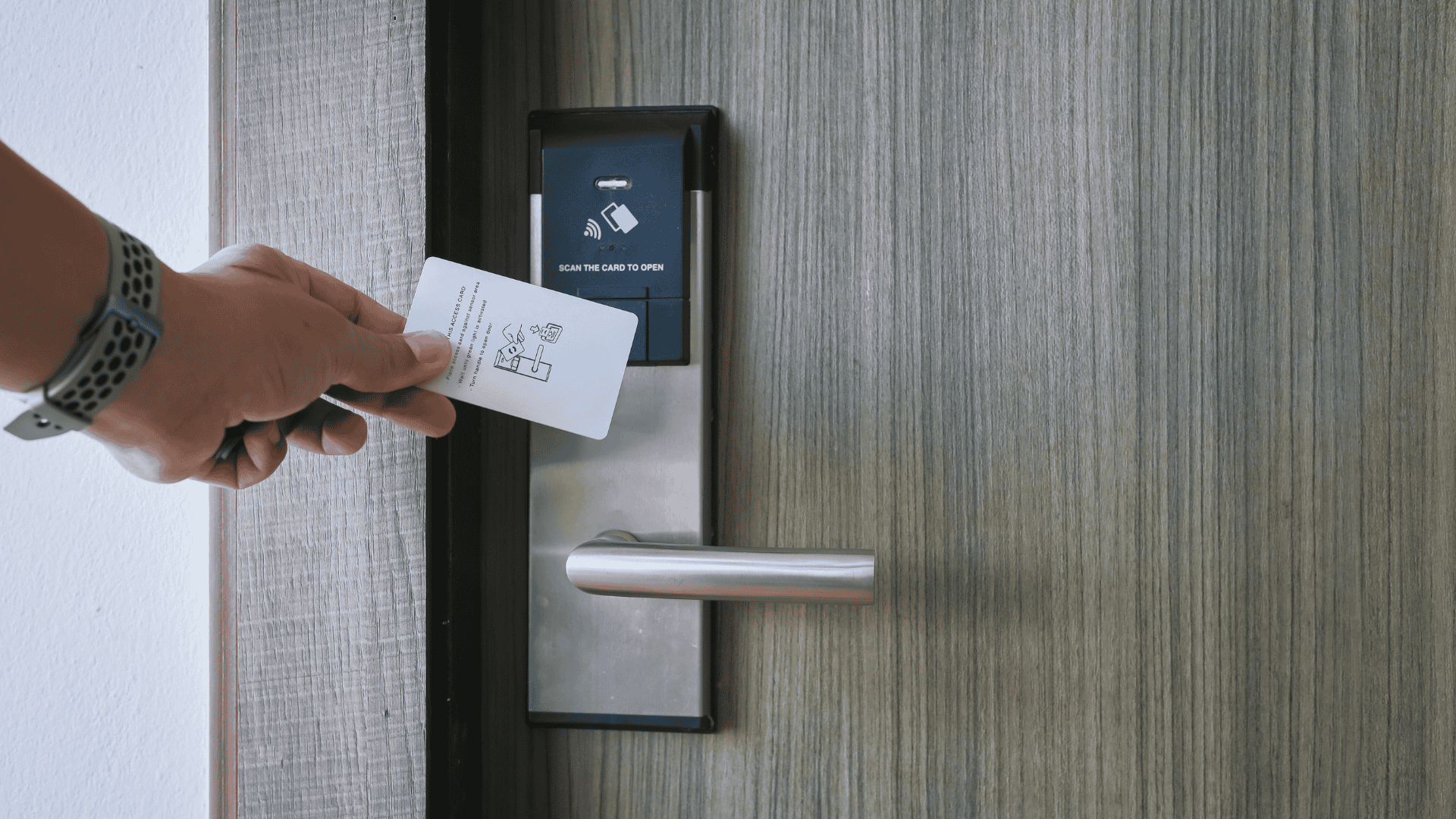In the competitive world of hospitality, selecting the right hotel brand is a decision that shapes your business’s identity, market position, and operational dynamics.
This choice is more than just a name; it’s about aligning with a brand whose values, target audience, and market presence resonate with your vision. Whether it’s an established international name or a local brand with unique charm, each comes with its set of implications, from guest expectations to operational protocols.
Understanding these nuances is crucial for hospitality leaders aiming to create a successful and sustainable hotel business. This blog delves into the key factors that should guide this pivotal decision, drawing from industry experiences to offer practical insights.

Factors to consider
Choosing the right hotel brand requires a multifaceted approach. Here’s a concise list of critical factors to consider:
1. Market Alignment: Ensure the brand’s market positioning and reputation align with your target demographic and desired hotel image.
2. Brand Support and Services: Evaluate the support services provided by the brand, including marketing, operational systems, and staff training.
3. Technological Infrastructure: Assess the brand’s technology, including its compatibility with modern trends like smart hotel features and cybersecurity measures.
4. Financial Considerations: Understand the financial implications, such as franchising fees, revenue sharing models, and return on investment.
5. Contractual Obligations and Flexibility: Review the contractual terms, focusing on obligations, rights, and flexibility for future adaptations.
6. Brand Culture and Values: Consider how the brand’s culture and values align with your own, ensuring a harmonious partnership. Each of these factors plays a crucial role in determining the suitability of a hotel brand for your business objectives and long-term success.

Choose between a Soft or Hard Brand
In the hotel industry, the decision between a soft and hard brand is crucial and multifaceted.
Hard Brands:
– Consistency and Standards: Hard brands are known for their strict guidelines covering every aspect of the hotel experience, from room size to amenities and decor. This consistency offers guests a predictable, reliable experience.
– Brand Recognition and Loyalty: These brands often come with strong loyalty programs and global recognition, attracting guests who value familiarity and assurance of a certain standard.
– Marketing and Support: With a hard brand, the marketing power and operational support can be substantial, often benefiting from global campaigns and strong brand presence.
Soft Brands:
– Flexibility and Local Flavor: Soft brands offer more leeway in design and operations, allowing hoteliers to infuse local culture and personalized touches. This can create a unique, memorable guest experience.
– Targeting Niche Markets: These brands are ideal for targeting niche markets or creating boutique hotels that stand out from the typical hotel experience.
– Balancing Identity and Brand Benefits: While offering more freedom, soft brands still provide the benefits of being part of a larger network, such as reservation systems and operational tools, albeit with less stringent brand guidelines.
The decision between these two types of brands should be guided by your hotel’s location, target market, operational preferences, and long-term vision. A hard brand might be more suitable for locations with high tourist traffic or business travelers who prefer standardization. In contrast, a soft brand could be more appealing for properties in unique destinations or those aiming to provide a more personalized, local experience.
Consider the pros and cons of each in the context of your specific situation to make an informed decision that aligns with your business strategy and guest experience goals.

Focus on Cyber Security
In today’s digital era, cyber security is a paramount concern for hotels. The choice of a hotel brand often impacts the technological infrastructure and its security measures. Brands typically enforce standards for data protection, which can include two-factor authentication and robust cybersecurity policies to protect guest information.
However, these standards vary between brands. When choosing a brand, it’s essential to assess their commitment to cybersecurity. Understand the security protocols they have in place and consider the implications for your hotel’s operations, especially in areas like guest data handling, online booking systems, and Wi-Fi security.
The goal is to ensure that your brand choice not only aligns with your hotel’s operational needs but also provides a secure digital environment for your guests.
Negotiations when you Start Talking with a Brand
Negotiating with a hotel brand, as emphasized by hospitality expert Thijs Merks, is a nuanced process. It involves understanding the brand’s specific demands, particularly in areas such as technology and operational standards.
Financial aspects are crucial, with a clear discussion on fees and revenue sharing needed.
The contract’s duration is vital; shorter terms may offer more flexibility for future changes.
Assess the brand’s property management systems and how they align with your technological plans.
Discuss data management and security protocols to ensure they meet current cybersecurity standards. Lastly, evaluate the support the brand offers in marketing, training, and operations.
This negotiation phase is crucial for aligning your hotel’s vision with the brand’s offerings and establishing a fruitful partnership.

Conclusion
Choosing the right hotel brand is a complex decision that requires careful consideration of various factors. From understanding the nuances between soft and hard brands to assessing technological infrastructure and cybersecurity measures, every aspect plays a crucial role.
Additionally, negotiations with the brand are key, where financial commitments, contractual terms, and operational flexibility should be thoroughly discussed.
This process isn’t just about finding a brand that fits; it’s about forging a partnership that aligns with your strategic vision and enhances your hotel’s potential for success in the hospitality industry.



